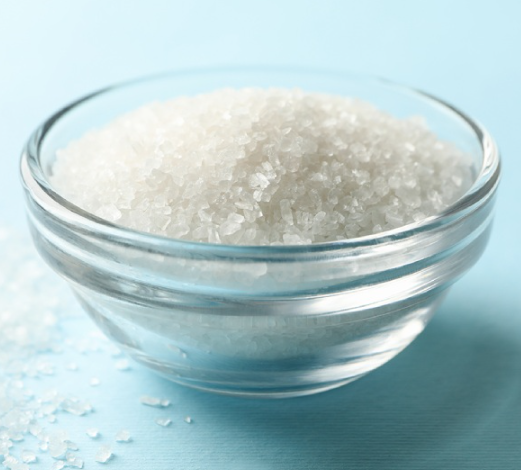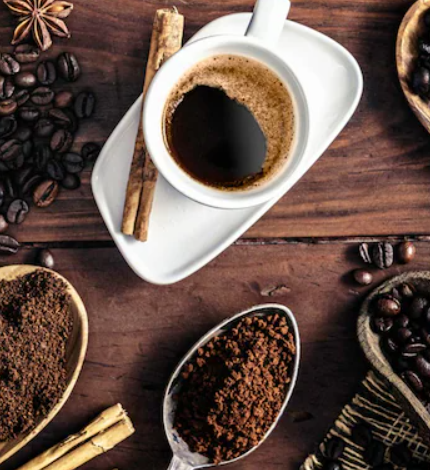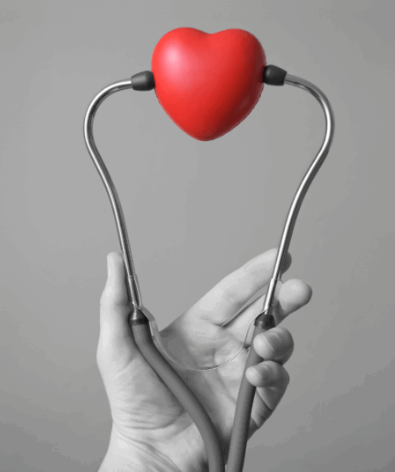
The Sweet Truth About Sugar and Its Impact on Your Health
Hey there, beautiful!
Let’s talk sugar—the sweet temptation that’s hard to resist. Sugar is everywhere, and its presence in our diets might be more than you realize. From the sugary snacks we crave to the hidden sugars in foods you wouldn’t expect, sugar is a constant in modern eating habits. In fact, the average American consumes around 130 pounds of sugar per year—quite a lot, right? But even if you don’t think you’re eating that much, it’s easy to consume hidden sugars without knowing.
While a small amount of sugar isn’t harmful, too much can lead to a host of health problems. It’s linked to conditions like heart disease, liver problems, obesity, and even certain types of cancer. Overconsumption of sugar can also contribute to tooth decay, disrupt your metabolism, and cause inflammation. If you’re dealing with any health challenges, reducing your sugar intake is a wise choice. Let’s explore how we can gain control over our sugar consumption, shall we?
Why Do We Crave Sugar?
You’ve probably wondered why sugar is so addictive. It turns out that sugar affects the same parts of the brain that addictive substances do. When we consume sugary foods, our brain’s reward system gets activated, which makes us want more. It’s similar to the cravings that some people experience with addictive drugs. One study even found that when people eat foods that cause rapid blood sugar spikes, it triggers an area of the brain linked to cravings and addiction.
Sugar can also disrupt the body’s hormone regulation, making you crave more of it. But here’s some good news: If you cut back on sugar, you’ll notice your cravings start to subside within a week or so. The key is consistency—give your body time to adjust.
What Is Sugar, Really?
To understand the effects of sugar, it’s important to know what sugar actually is. Sugars are a type of carbohydrate that break down into glucose, the primary fuel for your body. While carbs like pasta or bread might not taste sweet, they still break down into glucose.
Carbohydrates come in two forms: simple (refined) and complex (unrefined). Complex carbs, found in foods like whole grains, legumes, and starchy vegetables, are digested more slowly and provide lasting energy. Simple carbs, on the other hand, are quickly digested and cause blood sugar spikes. These include foods like candy, white bread, and sugary drinks, which offer little nutritional value.
The Truth About Glucose
When glucose enters your bloodstream, your body releases insulin to regulate it. Insulin helps transport glucose to cells for energy. However, when you eat too many refined sugars, your body is overwhelmed and releases excess insulin to deal with the glucose. Over time, this can lead to insulin resistance, which makes it harder for your body to regulate blood sugar and burn fat. This is a major factor in weight gain and the development of various health conditions, including diabetes and heart disease.
How Much Sugar Should You Have?
The World Health Organization suggests limiting added sugars to less than 10% of your total daily caloric intake, and even recommends reducing it further to 5% for better health. For women, this means no more than 6 teaspoons (24 grams) of sugar per day, and for men, 9 teaspoons (36 grams).
While these are general guidelines, the amount of sugar you should consume depends on your individual health needs. It’s also important to remember that not all sugars are the same. Here’s a breakdown of different types of sugars and how they rank in terms of their impact on your health.
My Guide to Sugary Foods
I’ve created a ranking system for sugars to help you make healthier choices.
Group A: These are the best options. Whole foods like fruits, beans, and whole grains are packed with fiber, vitamins, and minerals, all while providing a more gradual release of energy. Fruits like berries, apples, and pears are great choices, as they have a low glycemic index (GI) and are rich in nutrients. Avoid high-GI fruits like bananas, mangoes, and pineapples.
Group B: These sweeteners are better than refined sugars but should still be consumed in moderation. Dried fruits, maple syrup, and coconut palm sugar are examples. These offer some nutritional benefits but can be more concentrated in sugar, so enjoy them occasionally.
Group C: These are the worst offenders. Sweets like candy, pastries, and sodas are high in simple sugars with little to no nutritional value. Consuming these in excess can lead to fat accumulation in the liver, contributing to conditions like non-alcoholic fatty liver disease.
Understanding the Glycemic Index
The Glycemic Index (GI) is a measure of how quickly a carbohydrate raises your blood sugar. Foods with a high GI cause rapid spikes in blood sugar, while those with a low GI provide more stable energy. Low-GI foods, such as whole grains and most fruits, are less likely to cause blood sugar imbalances.
Eating a low-GI diet can reduce the risk of chronic diseases like diabetes and heart disease. Plus, it may even help reverse certain conditions. Foods like berries, apples, and citrus fruits fall under the low-GI category, making them excellent choices for maintaining balanced blood sugar.
Tips to Curb Sugar Cravings
Cutting out sugar can be tough, but it’s doable with a little strategy. Here are some tips to help you manage your sugar cravings:
- Go cold turkey: Sometimes, the best way to break a habit is to stop completely. However, be gentle with yourself and don’t stress if you slip up.
- Brush your teeth: After a meal, brushing your teeth can help curb the urge to snack on sweets.
- Snack on healthy alternatives: Satisfy your cravings with sweet veggies like yams or healthy snacks like nuts, seeds, or avocado.
- Choose natural sugar substitutes: Dates, maple syrup, and stevia are all natural options that are lower in glycemic index and offer some nutritional benefits.
- Try a green smoothie: Blend a green drink with healthy fats like coconut or avocado to keep you full and satisfied.
- Go for a walk or call a friend: Distract yourself from cravings by doing something enjoyable that doesn’t involve food.
Healthier Sugar Substitutes
If you’re looking for healthier ways to satisfy your sweet tooth, here are some options to consider:
- Dates: These are packed with fiber and nutrients, making them a great natural sweetener. You can blend them into smoothies or use them in baking.
- Maple Syrup: Rich in antioxidants and minerals like manganese and zinc, maple syrup is a healthier alternative to refined sugar.
- Stevia: A natural, calorie-free sweetener that’s 250-300 times sweeter than sugar. Use it sparingly to avoid digestive discomfort.
- Erythritol: A sugar alcohol that has no calories and doesn’t affect blood sugar levels. It’s a good option for those watching their sugar intake but should be used in moderation.
- Monk Fruit Sweetener: This sweetener is 150-200 times sweeter than sugar and contains no calories, making it a great alternative for those looking to avoid sugar.
Remember, even with natural sweeteners, less is more. The more you reduce your reliance on sugar, the more you’ll begin to notice the natural sweetness of whole plant foods. Over time, you might find that you no longer need to add extra sugar at all.
Final Thoughts
Your body works hard to keep you energized and healthy throughout the day, so it’s essential to fuel it with the right nutrients. By cutting back on refined sugars and opting for whole, nutrient-dense foods, you’ll help your body thrive. Treat your body with love and respect by focusing on natural sugars from whole foods and minimizing processed sugar. Your future self will thank you!






